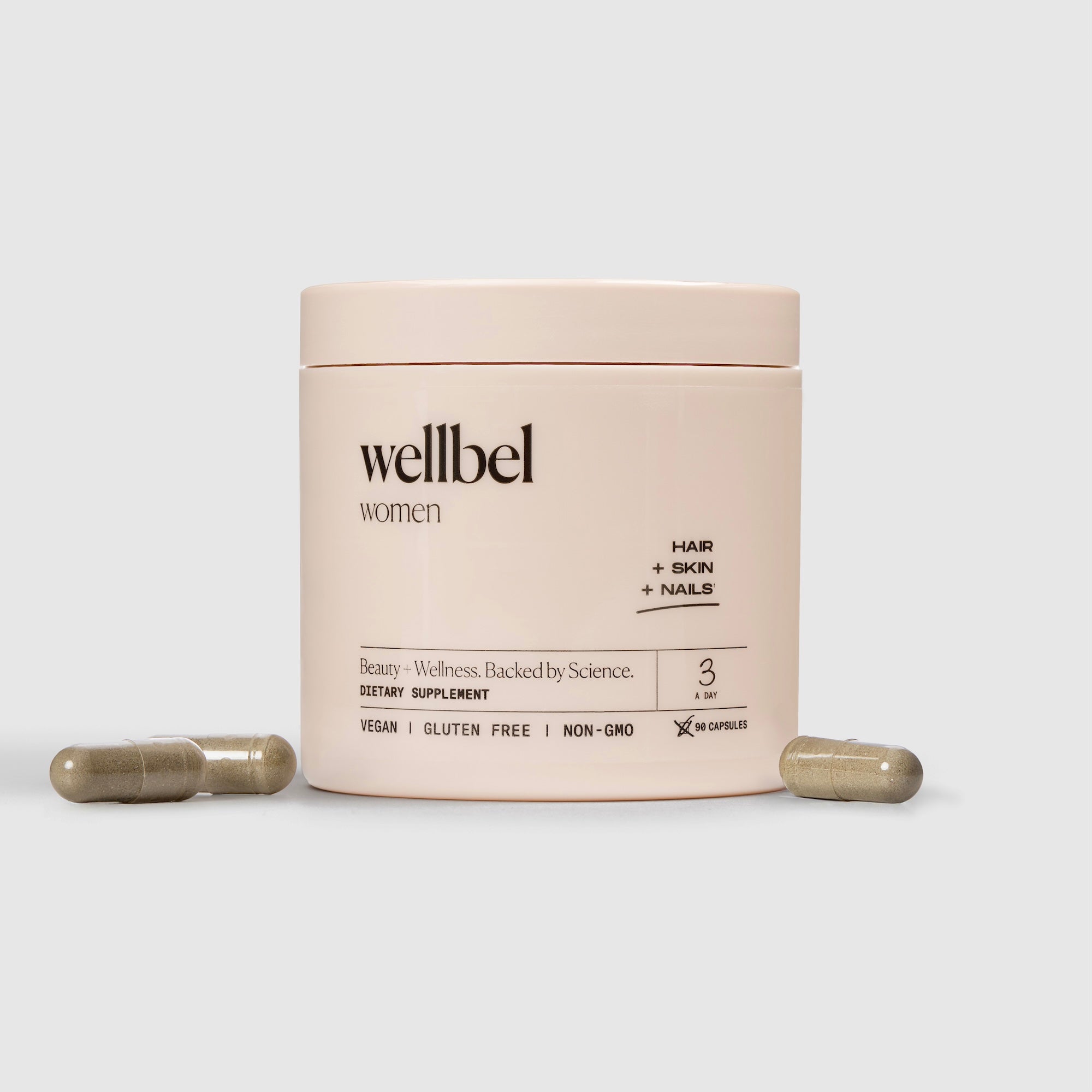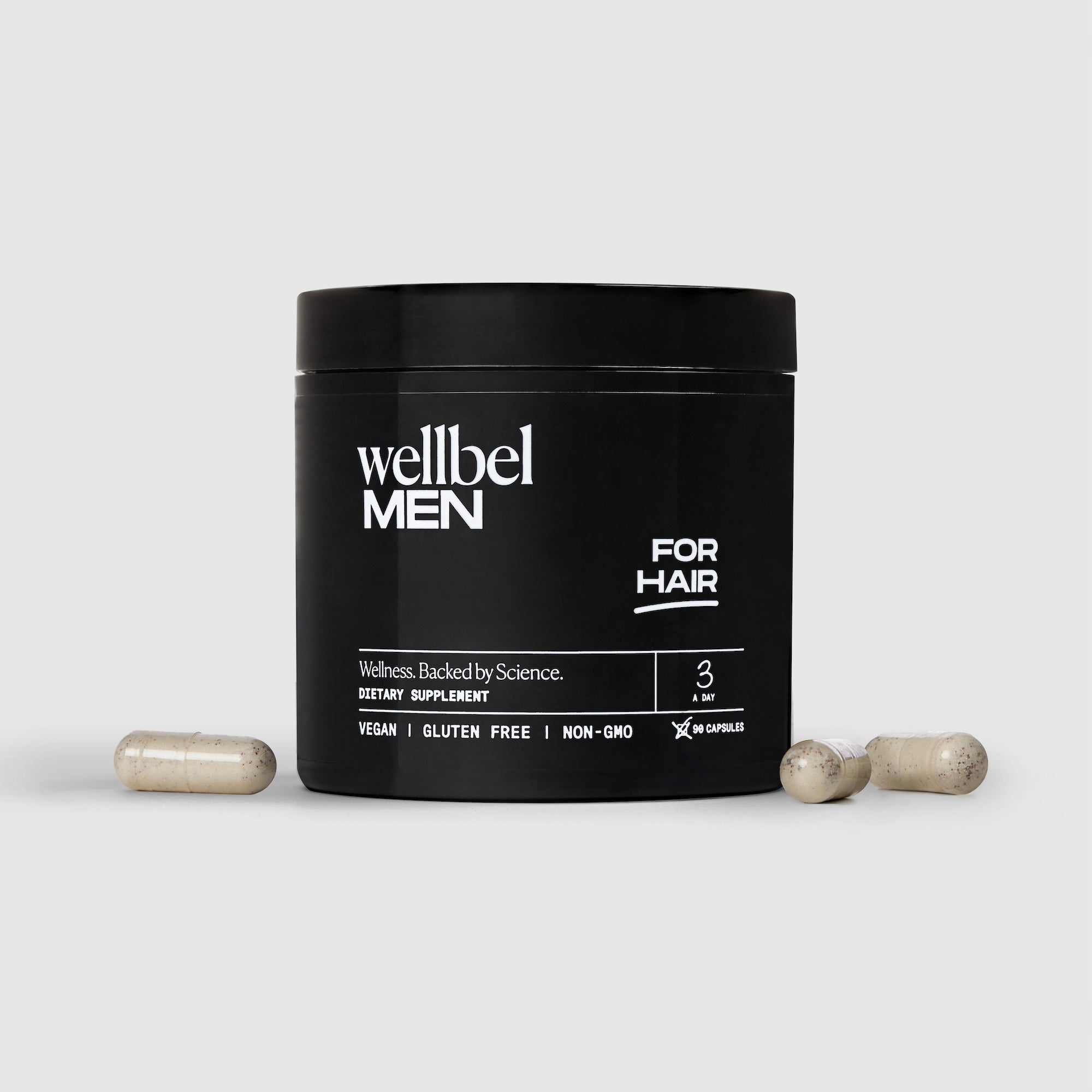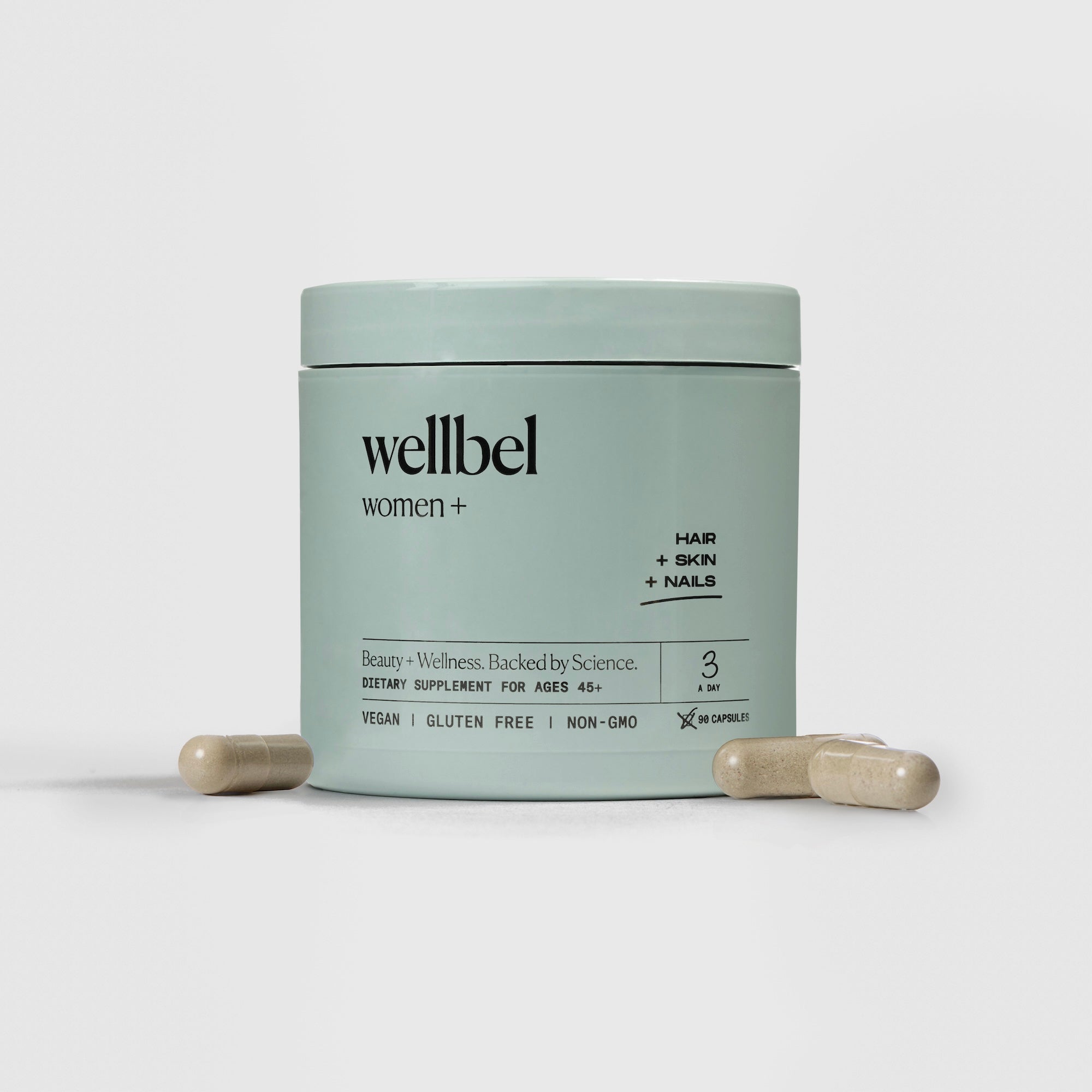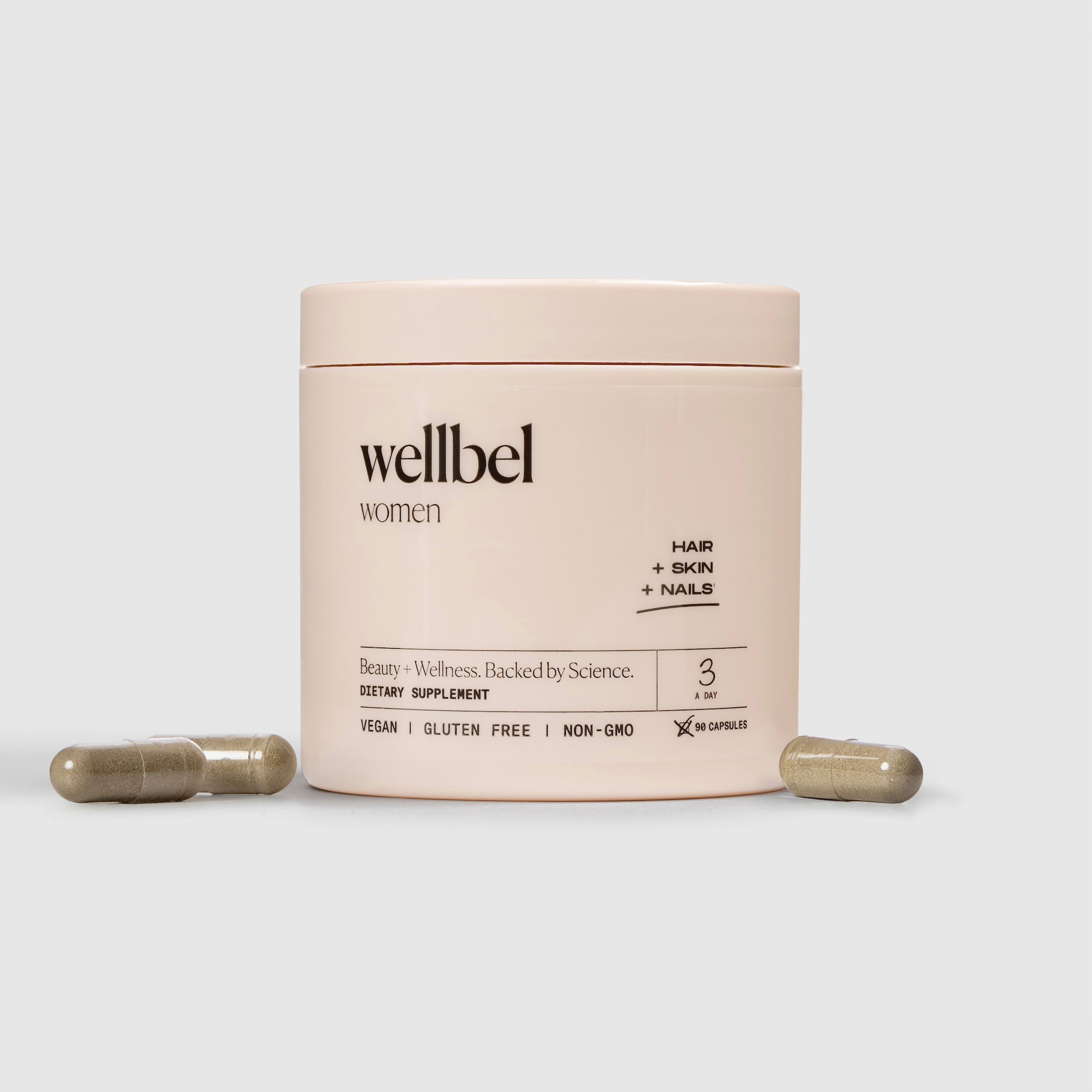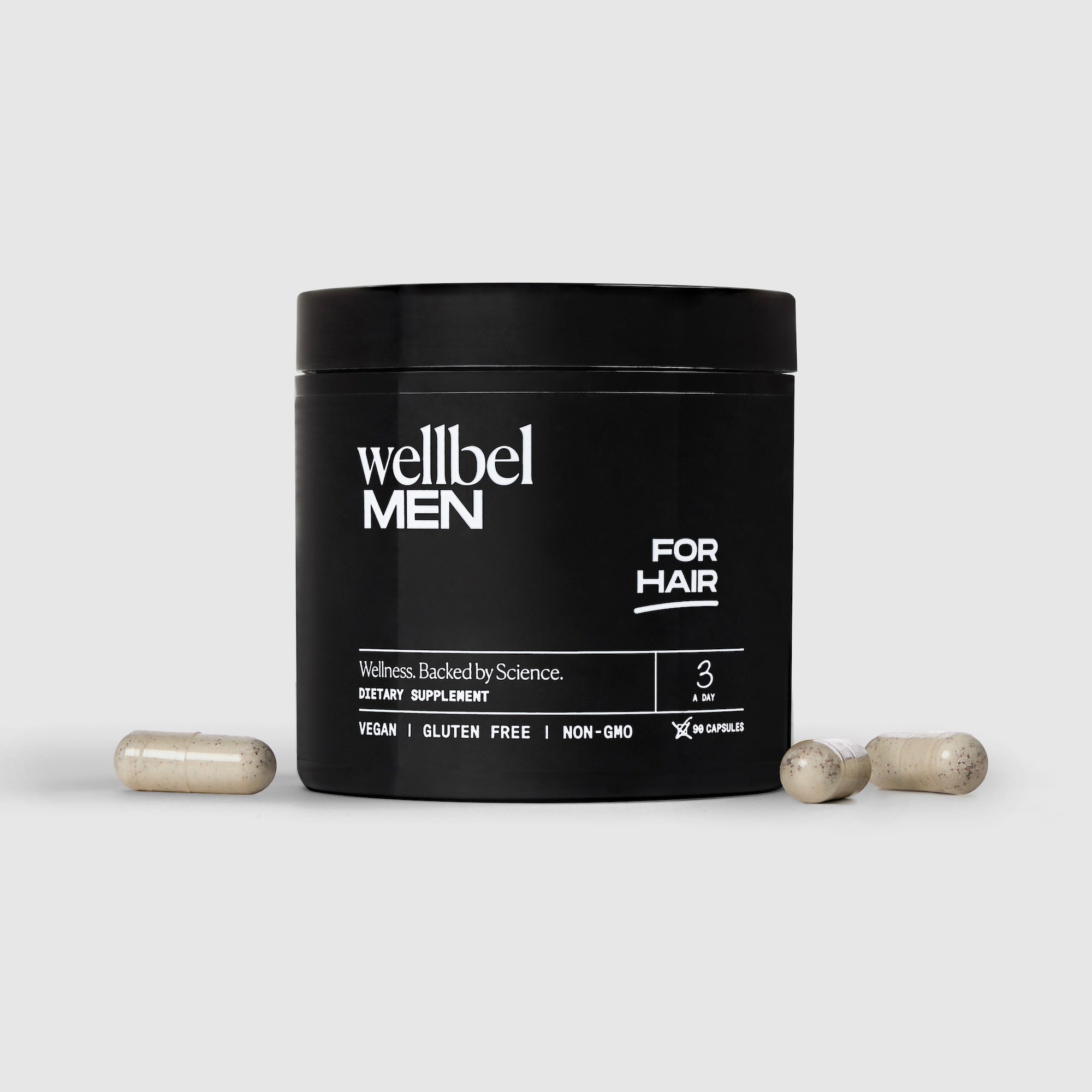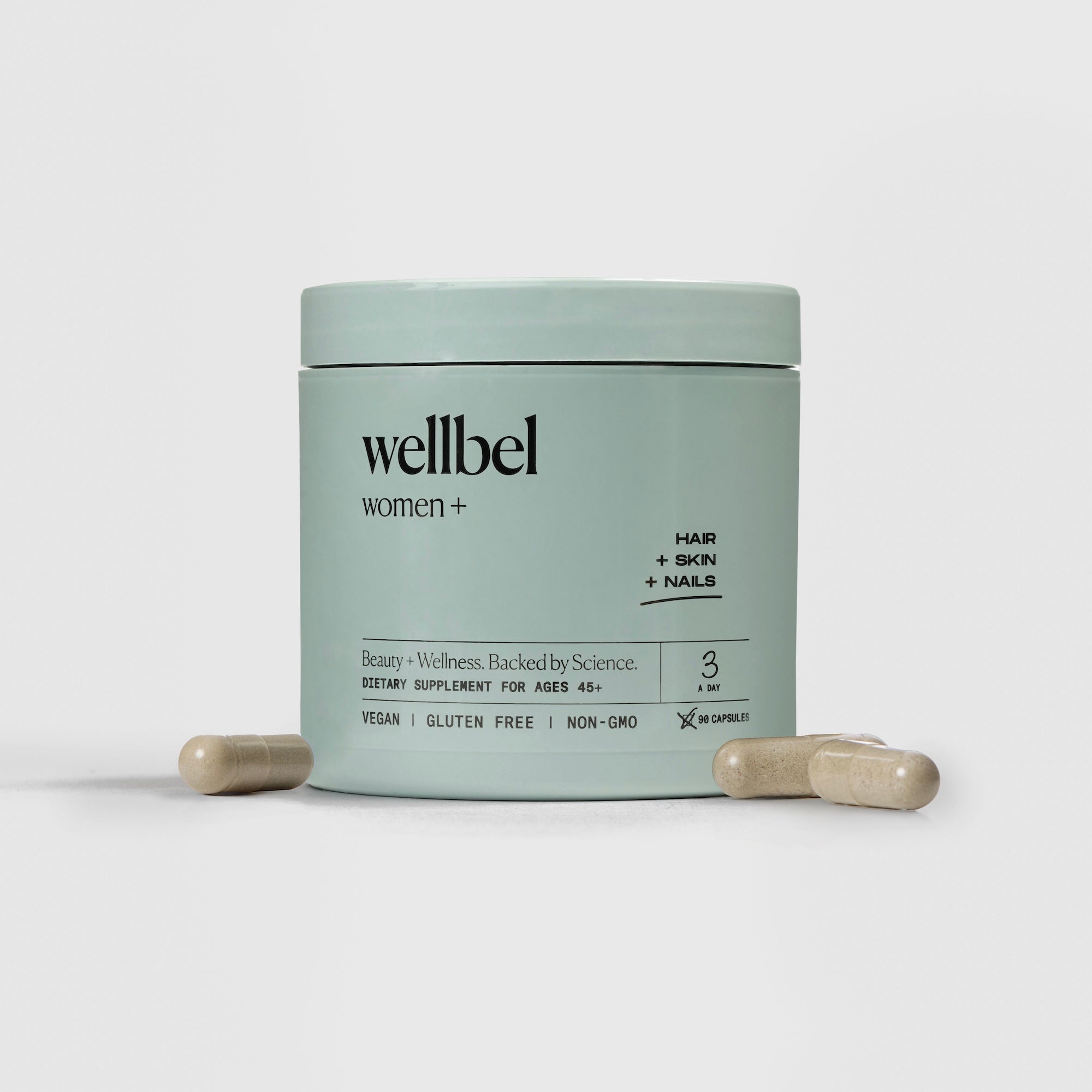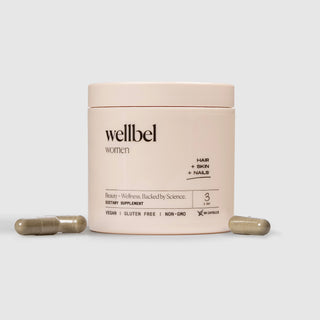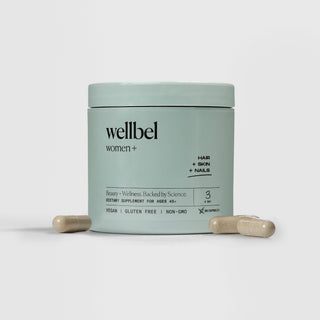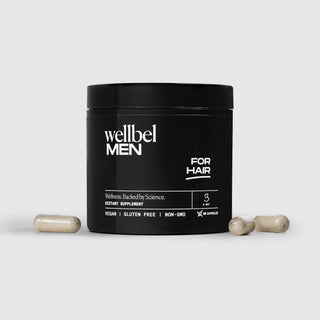Hair loss & stress — is there a correlation between the two?
Yes. Stress is actually one of the leading causes of hair loss, both on a physical and emotional level. If you’re dealing with hair loss, it’s so important to integrate stress management into your healing process.
While it might sound simplistic, it’s astounding just how much stress, whether it’s due to post traumatic stress disorder (PTSD) or the chronic stress of everyday life, can impact our hair health.
Let’s break this down a little bit.
How Does Stress Change The Body
Stress takes an immense toll on our bodies and shows up quite differently for each of us.
We can experience physical stress on the body when we’re going through something like the seasonal cold/flu, food poisoning, autoimmune diseases, breaking a bone, etc. A change of that size tends to leave a physical mark.
But physical stress is not the only cause of hair loss. Emotional stress is just as powerful and can actually manifest into physical stress on the body.
Have you ever gone through a trauma similar to heartbreak, or losing a loved one, and felt so emotionally drained and burnt out that it actually took your physical strength away? Stress coming from any direction is incredibly heavy, and during these periods, our bodies have to adjust in order to cope with these situations and guide us through to the other side.
Stress and Hair Loss
For women specifically, when we experience acute or chronic stress, hair loss can be a very common side effect. That can look like hair thinning, hair falling out, baldness, and trouble regrowing hair. Doctors call it alopecia areata, due to telogen effluvium.
One of the reasons for this is because of our adrenal glands (the small glands located on top of both kidneys) having to work on overdrive in order to regulate the amount of stress our body is experiencing.
When our bodies experience this large volume of stress, our adrenals release adrenaline much more frequently than it typically should. This makes our adrenals tired. They are working so hard for us, but at some point, they become exhausted. This is usually when women start to notice hair loss in large clumps, or that they are losing hair much more frequently throughout the day.
One thing to note is that hair loss can start months after an extremely emotional event. For example, if you give birth to a beautiful baby and notice that a few months later you begin to lose hair, this is relatively common! Childbirth is an incredibly intense event, physically and emotionally, and our bodies put forth so much energy to support us during this time.
What Can Hair Loss Symbolize?
Hair loss is typically a symptom for something deeper happening in the body.
As someone who has experienced alopecia and general hair loss in the past, I know how devastating it can be to go through this. Your body is not attacking you and your body is not failing you. Your body is doing everything it can to support and protect you. Trust and believe that this is just a phase and something your body can absolutely recover from.
Five Tips To De-Stress
During periods of stress and hair loss, how can you work to support your body? I’m sharing five tips below that can make a significant impact.
Five steps to support your body during periods of stress & hair loss:
Implement stress management practices- Creating and implementing stress management practices, methods, and tools into your daily routine is essential throughout this journey. In moments where we feel overwhelmed and out of control with what’s happening in our physical bodies, let’s choose to dedicate time and energy with our emotional body. Some helpful methods might be meditation, breathwork, visualizations, movement, epsom salt baths, acupuncture, and essential oils. Find what feels most authentic and comfortable for you and try to create this space for yourself each and every day.
Decrease or eliminate caffeine intake
- I know this can seem like a tough one, but it can make an immense difference in the health of your hair! During periods of hair loss, we want to support and replenish our adrenals as much as possible. Caffeine is a large stimulant for our bodies and something we want to reduce or eliminate, if possible. If you’re someone who typically consumes three to four cups of caffeine a day, work on scaling that down to one to two cups. If you stick to one cup per day, try experimenting with eliminating it for a period of time. Every little bit counts here!
Eat smaller, more frequent meals throughout the day
- Most of us eat three relatively heavy meals a day with long stretches in between. Pretty normal, right? For some, this is totally fine. However, when experiencing hair loss and wanting to put strong attention on our adrenal glands, if our bodies go too long without glucose (our bodies fuel), our blood sugar drops. When our blood sugar drops, this puts a strain on our adrenals and gives them the signal that they need to release hormones that keep us running. If we can eat smaller, more frequent meals throughout the day, and provide our bodies with continuous glucose, that’s actually going to support our adrenals & blood sugar levels, creating much less stress on our bodies.
Ensure that you’re consuming enough quality carbohydrates
- What you put into your body is so important. Carbohydrates are a golden ticket for the body when we’re focusing on supporting the adrenal glands and nervous system. Quality carbohydrates supply the body with glucose (glucose = sugar = useful energy) so that the body does not need to pull from other places in the body. The types of carbohydrates that we want to focus on here are simple and complex carbohydrates. An amazing source of simple carbohydrates is fruit. Look to include fruit in your meals to absorb all of it’s beautiful vitamins and minerals. For complex carbohydrates, look to include sources like root vegetables (potatoes, fall/winter squashes, turnips, carrots), beans, legumes, and grains (quinoa, brown rice, oats).
Focus on lower impact workouts
- When our bodies are going through stressful periods and our adrenal glands are working on overdrive, we want to make sure we’re not doing anything that will release additional adrenaline and cortisol, putting even more pressure on them. If we participate in high intensity workouts too often, this can add to the fire a little bit. Including more low impact movement into your workout routines can be a huge help for the body in a time like this. Some of these exercises might look like walking, yoga, pilates, barre, and light jogging.
If you’re experiencing hair loss, you might be dealing with stress. Stress relief is an essential piece of helping your hair (and body) heal. Don’t forget to look for stress signs, and wherever possible, take steps to bring more balance and calmness to your life.
Your hair will thank you.
To learn more about hair health, read more blogs here.
Sources:
Stress | Cleveland Clinic
Can Stress Cause Hair Loss? | Mayo Clinic

